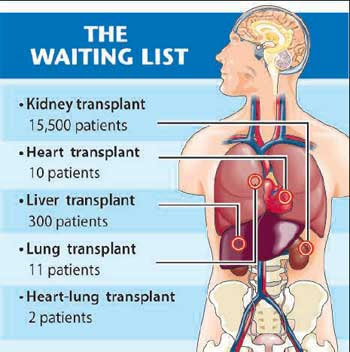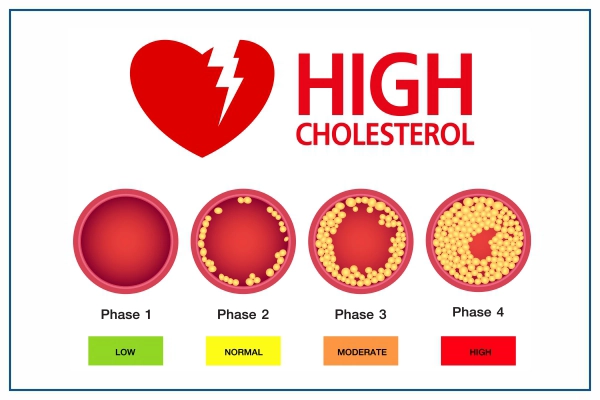
In patients who undergo organ transplants, hyperlipidemia is a common side effect of the drugs used to prevent rejection. This condition accelerates the rejection process, which is the major cause of death in these patients. This disease is a preventable one, so controlling the disease is essential. Listed below are several ways to manage hyperlipidemia and prevent its adverse effects. The most important thing to remember is to consult with your physician if you suspect you may have this condition.
High cholesterol is the most common symptom of hyperlipidemia, although it can also be a sign of obesity. A diet that is high in saturated fats may contribute to hyperlipidemia. Taking a multivitamin daily is crucial. It is also important to monitor triglyceride levels. Inflammation of the blood vessel walls can lead to the development of atherosclerosis. If this process does not stop, the blood will begin to clog the arteries and develop atherosclerosis. Atherosclerosis can increase the risk of heart attack and stroke.
In addition to causing heart disease, hyperlipidemia can affect other tissues. Studies have shown that hyperlipidemia may lead to an increased risk of a heart attack in people with high cholesterol. It can also lead to obesity, which increases triglycerides. While the diagnosis is difficult, there are several ways to treat this disorder. Fortunately, there are effective lifestyle modifications you can implement to lower your triglyceride and cholesterol levels.
Some people have genetic predisposition to hyperlipidemia, and improving your diet and exercise routine can reduce your risk. Additional medications may be necessary for people with a family history of lipoprotein metabolism disorders. These medications will lower cholesterol levels and reduce the risk of cardiovascular disease. It’s important to visit a physician if you’re worried about your risk of hyperlipidemia. The sooner you address the problem, the better.
The most common treatment for hyperlipidemia is lowering your cholesterol levels. Eating a diet low in saturated fats and high in fiber is important. Exercising several days a week will help you maintain a normal body weight and reduce your cholesterol level. Avoiding tobacco use is another way to reduce the risk of hyperlipidemia. Taking prescribed medications and adhering to your doctor’s recommendations is also crucial in the treatment of hyperlipidemia.

People with hyperlipidemia should consult a doctor to get diagnosed. A family history of the disease is useful as it can help you find the right treatment. In some cases, the condition is hereditary. In most cases, people with hyperlipidemia will not be aware of it until it has developed symptoms. Despite the risk of developing cardiovascular disease, a proper diet and exercise can control and prevent it. If you’re overweight, you should reduce your intake of fatty foods and increase your protein.
While the most common type of treatment for hyperlipidemia is medication, there are also
lifestyle changes you need to make. A healthy diet low in saturated fat and high in fiber is the best way to lower your cholesterol levels. It is also important to quit smoking, lose weight and exercise regularly. In addition to taking medication, you should also follow the recommendations of your doctor. If your doctor detects any of these symptoms, it is important to check with your nurse.
Several other conditions can cause hyperlipidemia. Inflammation can lead to a heart attack. Inflammation can also increase the risk of stroke. Inflammation can cause the condition. Hyperlipidemia should be treated by a doctor as it can affect other tissues and organs in the body. It is extremely important to consult a doctor to avoid secondary causes of hyperlipidemia. You should also consult your doctor or get advice from the site liputanindonesianews.com if you suspect you have this condition.
A diet rich in fiber and low in saturated fat is essential to prevent hyperlipidemia. You should also avoid smoking and maintain a healthy body mass index. In addition, you should check with your nurse about your diet, exercise, and weight. Your doctor will provide you with the best treatment options for hyperlipidemia. These measures can reduce the risk of heart attack by lowering cholesterol levels. A healthy diet and regular exercise can help prevent high cholesterol.